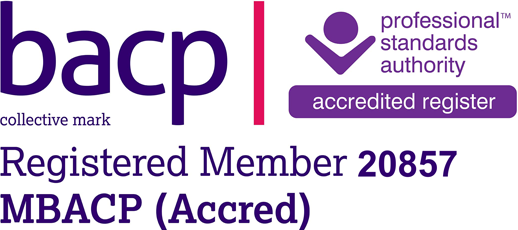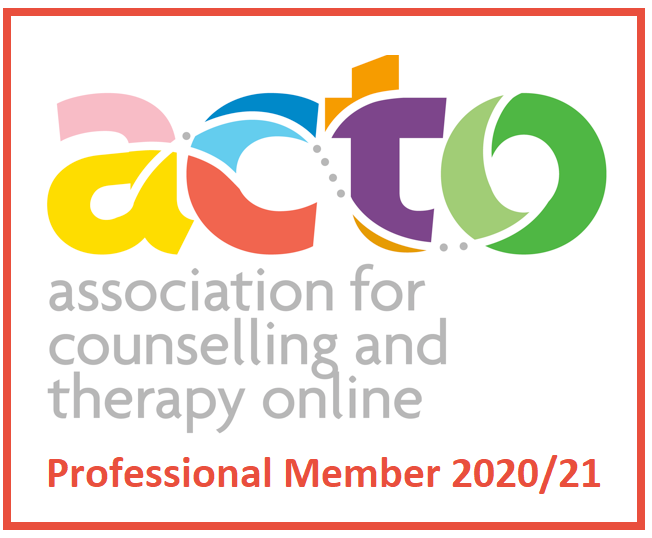What is Couple Counselling?
The Couple Counselling experience differs from Individual Counselling in that The Relationship is the Client. The focus therefore is very much on your relationship rather than you as individuals. However you do of course bring yourself as individuals into your relationship so we will likely delve into your past relationship history and your family of origin as part of our work together, as past events do and will impact on how you relate in your Here & Now (current) relationships.
Couple Counselling is not Mediation, I will not be able to assist you in this matter. If you are seeking Mediation you will need to find a trained Mediator.
Couple Counselling is as collaborative process, which requires you both to fully engage with and make a regular commitment to working on The (your) Relationship. Therefore, if one of you is looking to ‘bring your partner’ because ‘they are the problem and they need fixing’ then couple counselling is not your answer.
Please visit the following pages for more information on FAQ, Confidentiality & my Counselling Contract for Couples
Why Have Couple Counselling?
Relationship issues can occur at any point in time whether a couple has been together for 3 days, 3 weeks, 3 months, 3 years or 30+ years. Even relationships that have proven solid can experience problems. If the foundations of a relationship have been shaky from the start the impact of these issues can feel insurmountable. Couples will often feel at a loss as to how they can resolve the things they are facing.
Here are some issue that couples typically experience and they may sound familiar to you and your partner. Whether you are married or living together, whether you are in a heterosexual or same sex relationship, whether you are both from the same race or culture or whether you are in a mixed race/culture relationship, whether you have been together for a short or a long time you may find that you and your partner can relate to the issues below and maybe this means it’s time to seek out some support.
- Losing sight of yourself within the relationship, feeling stifled and constrained, leading to feelings of frustration, anger and resentment towards the other person.
- Growing apart from each other and wondering if there is a way back for you as a couple or whether the best thing to do is separate.
- Losing sight of yourself as a couple as you focus on bringing up a family and put your energies in to your work. This results in your relationship needs, as a couple, being put aside.
- Feeling insecure and mistrustful, fearing the other person may leave you or thinking they are involved with someone else. The result is you end up constantly checking their phone & e-mails or questioning them and your partner feels stifled.
- Trying to build trust back following an affair or betrayal, and wondering if you can work through the impact or if separation is the only answer for you.
- Having to deal with life changing events such as illness, redundancy or retirement, these can rock the foundations of your relationship no matters now strong it is. It can be hard to figure out how to re-build those foundations.
- Losing a child or close family member can shake even a strong relationship suddenly you find that neither of you is able to talk about your feelings and you can end up feeling isolated and alone in your grief. Sometimes a shared space to talk about this can feel helpful.
- Difficulties in communicating with each other in an open and honest manner. Are you mind-reading? You begin to assume you know what the other person is thinking and in turn assume that they should know what you are thinking and feeling and what your needs are.
- Not feeling heard, feeling invisible or taken for granted.
- Protecting each other or feeling overly responsible for the other person. In other words not speaking honestly about how you feel or what you think for fear of hurting the other person or driving them away.
- Arguing constantly that discussions or disagreements lead to misunderstanding and stalemate, things never feel like they resolve themselves, and you both begin to feel very stuck.
- Not knowing what your own needs are and not being able to communicate them to the other person.
- Avoiding intimacy or sex, there could be many reasons why you are no longer intimate or have sex with each other.
- Noticing that as you move towards your partner they retreat or maybe you are the one retreating as they move towards you.
- You may be experiencing problems as you try to integrate your families into 2nd or 3rd relationships.
- Domestic Violence, not all DV is long term, sometimes violence can occur in a relationship when it has never manifested itself before.
- Or simply wondering where your relationship together is heading, noticing that you have lost sight of your relationship values.
How Can Couple Counselling Help?
Whatever your reasons for choosing couple counselling my aim is to offer you
- A space to hear, understand and acknowledge each other.
- A space to listen, understand and acknowledge each other’s words.
- A space where it feels safe to explore difference.
- A space where it feels safe to disagree.
- A space where you can express your feelings and feel held.
- A space to where you are able to decide together the best way forward for your relationship in the future whether you decide to stay together or separate.
How I Work
I have completed at 15 month Couple Counselling Diploma through Chichester Counselling Service. I trained in a Systemic/Psychodynamic approach. I also incorporate Acceptance and Commitment Therapy (ACT) where appropriate, please visit the ACT Page for more information.
Experience has shown me that in order to be most effective sessions will take place on a weekly basis (same time and location) and aside from the individual Assessment sessions (see below), both of you need to be present. Sessions cannot be undertake with only 1 person in attendance (without prior agreement).
I offer both short term (I suggest a minimum of 6 sessions) and on-going, long term counselling. All sessions including the Assessment/s are 50 minutes.
Please note that I am not a Sex Therapist and I am unable to work with sex problems that are related to medical issues, if you are experiencing this as a couple please seek out a COSRT trained Therapist.
I operate a flexible assessment process and we can decide together what you wish to do when we first meet.
One Session Assessment during this session you will tell me what brings you to couple counselling, how long the problem has existed, what you hope to gain from the counselling, and your hopes for the relationship. We can decide at this point if you would like a 4 session Assessment. If not we decide if Couple Counselling is the best form of support for you based on what you have told me and what you want for your relationship. We will then decide whether to continue or not.
Four Session Assessment after our initial meeting you will each be offered an individual session which will focus more on your personal perspective of the relationship as well as a more in-depth look at your background including your previous relationships and family history. During our final Assessment session (when you are back together) we decide if it is appropriate to continue or not (as above).
During the 4-session Assessment you may wish to disclose something you don’t want the other person to know. I will discuss confidentiality and how disclosing something to me impacts confidentiality when we meet for our initial Assessment.
I am happy to answer any questions you may have regarding Couple Counselling and its suitability for you as a couple.


